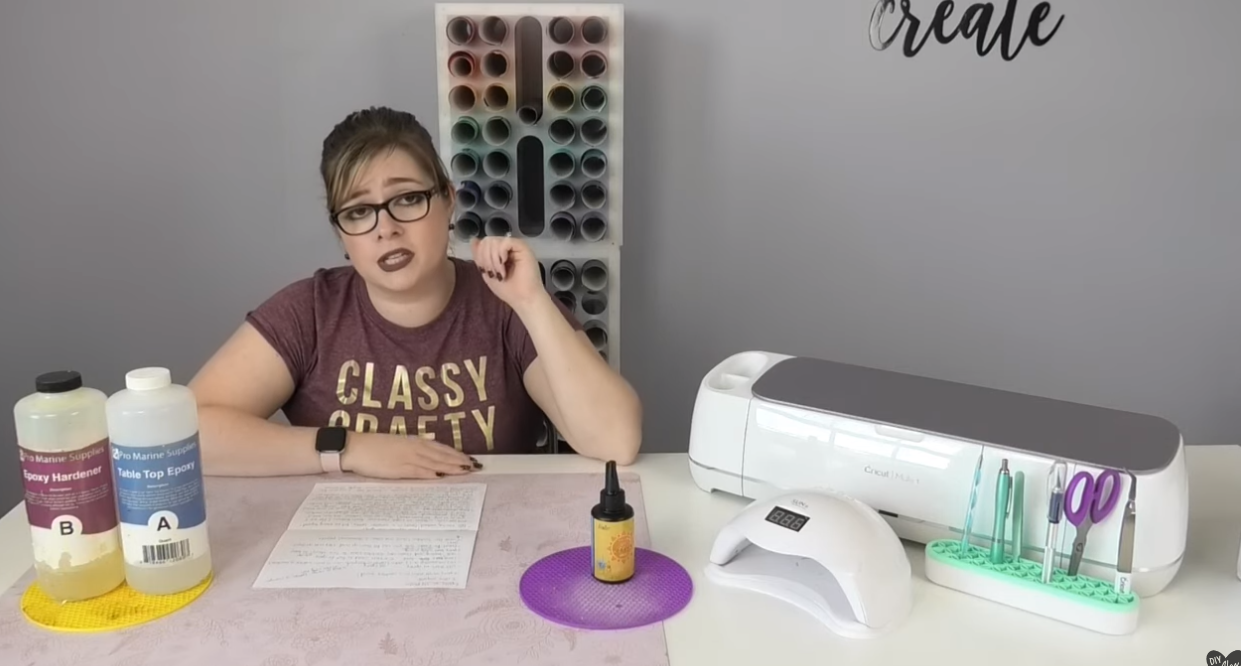What is the difference between epoxy resin and UV resin?
When it comes to resin crafts and projects, two popular options that are often compared are epoxy resin and UV resin. Both resins have unique qualities and benefits that make them suitable for different applications. In this article, we’ll explore the differences between epoxy and UV resins to help you choose the right resin for your next project.
https://www.youtube.com/watch?v=PZJK6d5SffA

First, let’s discuss epoxy resin. Epoxy is a versatile material used in a wide variety of industries, including art, jewelry making, woodworking, and more. It is a two-part system consisting of resin and hardener. When these two ingredients are mixed together, a chemical reaction occurs to form a strong and durable epoxy resin cure.
One of the main advantages of epoxy resin is its long curing time. Typically, epoxy resin takes several hours to fully cure, allowing plenty of working time. This is especially useful when working on large or complex projects that require careful attention to detail. The extended cure time also means the epoxy self-levels, resulting in a smooth, glossy surface.
UV resin, on the other hand, is a resin that cures under ultraviolet light. It comes in liquid form and is ready to use right out of the bottle, unlike epoxy which requires mixing. UV resin is commonly used in small crafts, jewelry and coated surfaces. It is also known for its fast curing time, a significant advantage for those who value efficiency and speed.
Unlike epoxies, which require mixing and longer curing times, UV resins cure in minutes when exposed to UV light. This fast curing time means you can move to the next step of your project almost immediately. It’s important to note that UV resin requires a UV lamp to cure properly, so make sure you have one on hand if you decide to use this type of resin.
Another major difference between epoxy resins and UV resins is their viscosity levels. Epoxies tend to be thicker and more viscous, making them ideal for applications that require building up layers or filling voids. UV resin, on the other hand, has a thinner consistency, making it better suited for coating and encapsulating smaller objects or forming thin layers.
https://www.kysmartech.com/smart-uv-resin3d-resin/
In addition, the chemical compositions of epoxy resin and UV resin are also different. Epoxy resin is usually a combination of bisphenol A and epichlorohydrin, creating a strong and rigid material. UV resins, on the other hand, typically contain monomers, oligomers, and photoinitiators that make them photosensitive and capable of curing under UV light.
In summary, while both epoxy and UV resin are excellent choices for resin crafts, they have distinct differences that make them suitable for specific applications. If you need longer working times, self-leveling properties, and buildability, epoxy is your best choice. On the other hand, if you prioritize speed, efficiency, and thin coats, UV resin is the better choice. Ultimately, your choice of resin will depend on your project requirements and personal preference.
Post time: Dec-02-2023
